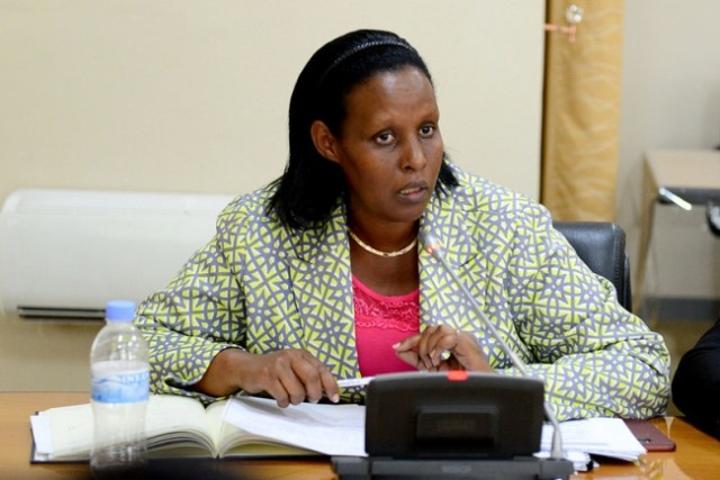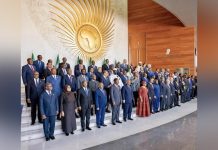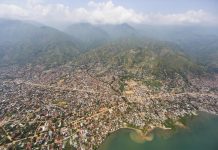Africa-Press – Rwanda. Genocide prevention should be given serious consideration in the East African Community peace and security strategy if the six-member regional bloc is to ever succeed in avoiding a repeat of what happened in Rwanda, 27 years ago, a Rwandan member of the East African Legislative Assembly (EALA) noted on Tuesday, November 23.
The 1994 genocide against the Tutsi claimed more than one million lives as the international community watched on. MP Oda Gasinzigwa raised the matter as the Assembly debated a report on the implementation of the bloc’s peace and security strategy soon after it was presented by her compatriot, MP Fatuma Ndangiza, Chairperson of EALA’s Committee on Regional Affairs and Conflict Resolution.
She said: “I wish to, once again, remind this Community and the Assembly about the role we have on prevention of genocide because the problem or challenge of genocide is something at the heart of East Africans and we need to keep talking about it and ensure it doesn’t happen again.”
Gasinzigwa noted that it is unfortunate that when she looked at the recommendations in the report, there was no emphasis on genocide prevention. “This (genocide) is actually a crossborder issue…something that happened in Rwanda but is still affecting our partner states, if you consider issues such as refugees and so on.”
“Genocide starts slowly. I want to urge the Council of Ministers to take the issue seriously. We need to come up with a strong mechanism for the prevention of genocide, prevention of genocide ideology and so that we prevent genocide from ever happening in our region.”
The Council of Ministers is the policy making organ of the bloc. It comprises Ministers in charge of EAC affairs from each of the six Partner States. Interim Speaker, MP Aden Omar Abdikadir, from Kenya, who stood in for Rwanda’s Martin Ngoga, as the latter attended to other official matters elsewhere, noted that Gasinzigwa “raised an important issue.”
Speaking to The New Tines during a break, Gasinzigwa explained that the matter of genocide prevention “has not been given priority as an important area of the peace and security strategy.” She added: “But I want Council to come up with a specific strategy on Genocide prevention and mangement in the region.”
In February, of EALA’s Committee on Regional Affairs and Conflict Resolution carried out an oversight activity to assess and ascertain how EAC has implemented the Peace and Security strategy. The strategy was first adopted by the Council of Ministers in November 2006, to guide EAC-level interventions in the Peace and Security Sector.
It was later reviewed under the African Peace and Security Architecture (APSA) Project funding and updated to 23 goals in 2014. The review incorporated responses to the emerging peace and security challenges or threats that had not been perceived in the region in 2006.
The additional goals that were added included number 17; prevention of genocide. When debate in the plenary resumed in the afternoon, MP Rose Akol, of Uganda, referred to the latter fact, and as such, Gasinzigwa stood again to shed more light on her request.
Gasinzigwa explained that having prevention of genocide in the list of 23 goals was not good enough as that was too general. She noted that her recommendation is for “a more specific strategy of genocide prevention and management with an elaborate and more clear plan.”
This, she said, can be more meaningful and helpful. On that note, Akol who earlier said that what happened in Rwanda during the genocide was “very unfortunate as people died as the world just watched,” indicated she agreed with Gasinzigwa.
MP George Odong (Uganda) told the Assembly that genocide, from what he has read, starts with hate speech and climaxes into the death of people. “We need to begin to deal with hate speech, the software that drives genocide. Partner states need to deal with it.”
Before debate on the report was concluded, Amb. Ndangiza told the House that “we are now in the fight against genocide denial,” noting that in this last stage of genocide, genocide deniers and revisionists are up in arms and they have powerful backers. This, she noted, means that fighting genocide denial and revisionism also requires a resolute and united regional effort, if it is to be defeated.
For More News And Analysis About Rwanda Follow Africa-Press






